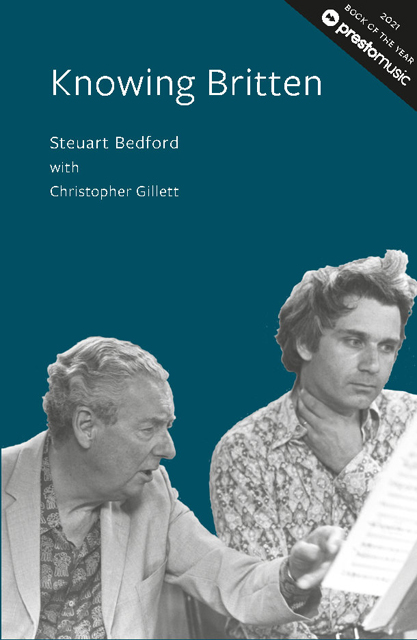Book contents
- Frontmatter
- Dedication
- Contents
- Miscellaneous Frontmatter
- List of Illustrations
- 1 My mind beats on
- 2 A thirst, a leaping, wild unrest, a deep desire
- 3 Should I give up the fruitless struggle with the word?
- 4 So be it
- 5 What lies in wait for me here?
- 6 My head is heavy, my eyelids ache
- 7 I must go elsewhere, I must find a clearer sky, a fresher air
- 8 How much better to live, not words but beauty, to exist in it, and of it
- 9 The power of beauty sets me free
- 10 Yet I am driven on
- 11 O voluptuous days, O the joy I suffer
- 12 So the moments pass
- 13 And now, Phaedrus, I will go
- No epilogue, I pray you, for your play needs no excuse
- Acknowledgements
- Index
- Miscellaneous Endmatter
12 - So the moments pass
Published online by Cambridge University Press: 14 June 2023
- Frontmatter
- Dedication
- Contents
- Miscellaneous Frontmatter
- List of Illustrations
- 1 My mind beats on
- 2 A thirst, a leaping, wild unrest, a deep desire
- 3 Should I give up the fruitless struggle with the word?
- 4 So be it
- 5 What lies in wait for me here?
- 6 My head is heavy, my eyelids ache
- 7 I must go elsewhere, I must find a clearer sky, a fresher air
- 8 How much better to live, not words but beauty, to exist in it, and of it
- 9 The power of beauty sets me free
- 10 Yet I am driven on
- 11 O voluptuous days, O the joy I suffer
- 12 So the moments pass
- 13 And now, Phaedrus, I will go
- No epilogue, I pray you, for your play needs no excuse
- Acknowledgements
- Index
- Miscellaneous Endmatter
Summary
On the 12 September 1973, Ben saw Death in Venice for the first time. He sat in the middle of the auditorium, in a wheelchair. There were various other friends there too. He didn't give me any notes, but we must have had a discussion at some point. He was delighted with Colin Graham's and Frederick Ashton's work, but as to his own contribution, Ben was not satisfied.
After its premiere at the Maltings, Death in Venice went that year to Edinburgh, back to Snape, Venice, Brussels and Covent Garden.
Curiously enough, Venice was having a typhoid epidemic at the time, and we all had to be inoculated for cholera.
For the Covent Garden performances in October Ben undertook a large number of revisions, particularly in the Games of Apollo section, where many of the gaps were shortened and a striking timpani ostinato added. In several places he wanted more orchestral colour, such as the two piccolos and oboe in Aschenbach's ‘Mysterious Gondola’ and the suspended cymbal in the Overture. Further revisions followed, to be incorporated into the Decca recording the following spring. Even this was not the end: in October, on the morning of our final dress rehearsal in New York, there arrived a new version of the end of the hotel guests’ scene in Act I. Had it arrived two hours later, it would have been too late.
Pears was having constant problems remembering Aschenbach's words. In a tribute book to celebrate Pears's seventy-fifth birthday, Steuart wrote:
‘Should I give up the fruitless struggle with the word?’ Thus exclaims Aschenbach near the start of the opera Death in Venice. I do not think I am betraying any professional secrets when I say that Peter would have been only too happy to answer this question in the affirmative not from any drying up of inspiration, which was Aschenbach's trouble, but simply because of his own particular difficulty in remembering that word.
With Peter this problem would usually manifest itself with his forgetting not the whole sentence but just one or two constituent words; the noun, adjective or verb. That he was almost always ready with a more than satisfactory alternative is just one, albeit a small one, of the fascinating sidelines of his art to which I would like to pay tribute.
- Type
- Chapter
- Information
- Knowing Britten , pp. 151 - 168Publisher: Boydell & BrewerPrint publication year: 2021



